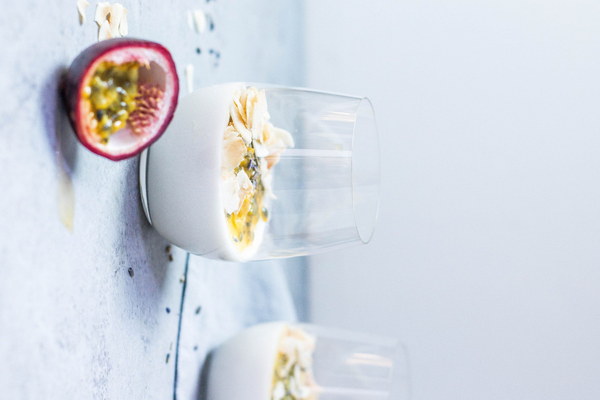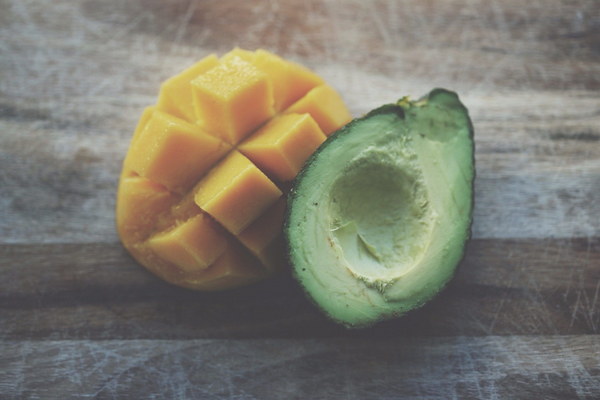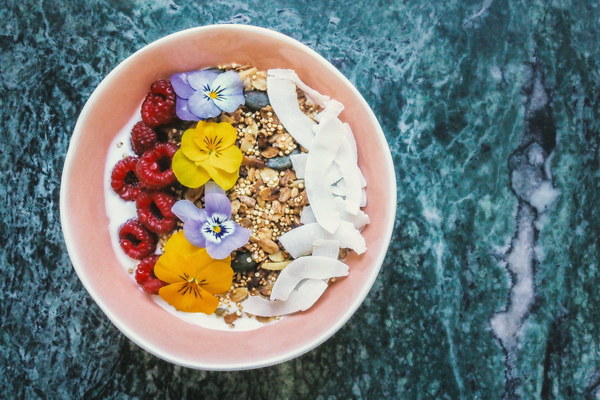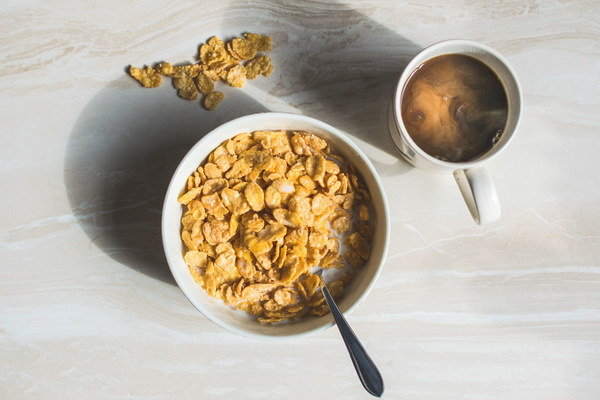Unwind with Hydration The Surprising Side Effect of Moisture-Relieving Tea That Leaves You Feeling Drowsy
In the quest for wellness, many of us turn to natural remedies to maintain our health and well-being. One such popular natural solution is moisture-relieving tea, which is believed to aid in removing excess moisture from the body, thereby promoting overall health. However, an unexpected side effect of this seemingly beneficial tea is that it can leave you feeling drowsy. Let's delve into the science behind this phenomenon and explore how you can enjoy the benefits of moisture-relieving tea without the subsequent drowsiness.
Understanding the Science Behind Moisture-Relieving Tea
Moisture-relieving tea typically contains ingredients such as green tea, dandelion, and ginger, which have been shown to have diuretic properties. These diuretics work by increasing urine production, which helps to flush out excess fluid from the body. This can be particularly helpful for those who suffer from conditions such as edema or those who have consumed excessive amounts of salt, leading to water retention.

While the primary purpose of moisture-relieving tea is to eliminate excess moisture, the process can also have secondary effects on the body's systems. One such effect is the stimulation of the nervous system, which can lead to increased energy levels and alertness. However, this stimulation can also have the opposite effect in some individuals, causing them to feel drowsy or fatigued.
The Drowsy Side Effect: Why It Happens
Several factors can contribute to the drowsiness experienced after drinking moisture-relieving tea:
1. Caffeine Content: Some moisture-relieving teas contain caffeine, which can be a stimulant for many people. However, in some cases, it may have the opposite effect, leading to drowsiness, especially if consumed in larger quantities or in combination with other ingredients that have a calming effect on the body.
2. Herbal Ingredients: Certain herbal ingredients in moisture-relieving tea, such as valerian root or chamomile, are known for their calming properties. These ingredients can cause drowsiness in some individuals, especially when consumed in higher doses.
3. Dehydration: While moisture-relieving tea is designed to remove excess moisture, it can also lead to dehydration if consumed in large amounts or without adequate water intake. Dehydration can cause fatigue and drowsiness.
4. Timing of Consumption: Drinking moisture-relieving tea before bedtime can lead to drowsiness due to its diuretic effects, which can disrupt sleep patterns.
Enjoying the Benefits Without the Drowsiness
To maximize the benefits of moisture-relieving tea without experiencing drowsiness, consider the following tips:
1. Choose the Right Tea: Opt for teas that are low in caffeine and free of calming herbs, such as valerian root and chamomile.
2. Monitor Your Intake: Start with a small amount of tea and gradually increase the dosage if you do not experience drowsiness.
3. Stay Hydrated: Ensure you are drinking enough water throughout the day, especially if you consume moisture-relieving tea.
4. Time Your Consumption: Avoid drinking moisture-relieving tea within a few hours of bedtime to prevent disruption of your sleep patterns.
5. Listen to Your Body: Pay attention to how your body reacts to the tea and adjust your consumption accordingly.
In conclusion, while moisture-relieving tea offers numerous health benefits, it is essential to be aware of the potential side effects, including drowsiness. By understanding the science behind the tea and taking appropriate precautions, you can enjoy its benefits without experiencing unwanted drowsiness. Remember to listen to your body and adjust your tea consumption to suit your individual needs.









